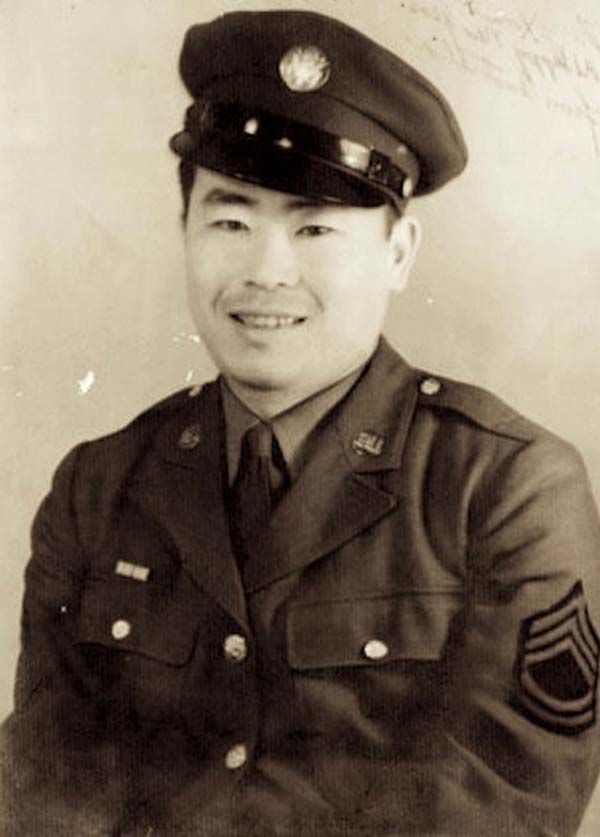Arthur Komori (1915-2000) was recruited on Oahu in March 1941 by the U.S. Army’s Counter Intelligence Corps for the purpose of covertly investigating subversive activities and espionage within Manila’s Japanese business community.
In April 1941, the Maui-born University of Hawaii graduate with strong Japanese language skills arrived in Manila posing as an American merchant seaman and Japanese sympathizer who’d jumped ship without passport.
The future Kauai attorney and district court judge then secured a post as a reporter with the city’s leading Japanese newspaper and set about successfully gaining the friendship and trust of the Japanese consul general and the chiefs of Manila’s Japanese business organizations.
He passed on intelligence information he gleaned from his Japanese contacts to CIC officials by way of a locked post office box and through secret rendezvouses.
Among his reports was a November 1941 alert that Manila’s Japanese residents were surreptitiously returning to Japan — an indication that a Japanese invasion of the Philippines was imminent.
When Japan struck the Philippines on Dec. 8, 1941, Komori was arrested along with Japanese nationals and jailed for a few days in Bilibid Prison by the Filipino Constabulary.
Upon his release by the CIC, his mission as a secret agent came to a close.
Komori then participated in the evacuation of Manila and the battles of Bataan and Corregidor as a front-line Japanese prisoner of war interrogator and translator, until Gen. Jonathan Wainwright ordered his evacuation by aircraft to Australia on April 13, 1942.
In Australia, he supervised Military Intelligence Service personnel and continued work in the intelligence field, and later taught at the MIS Language School in Camp Savage, Minnesota.
On Sept. 2, 1945, he witnessed the Japanese surrender ceremonies aboard the battleship “USS Missouri” in Tokyo Bay.
First Lt. Komori resigned from the Army in 1952, graduated from the University of Baltimore law school in 1954 and settled on Kauai.
Arthur Komori and his wife, Marie, had a daughter, Rosemary.
His second wife was Rosa V. Komori.




